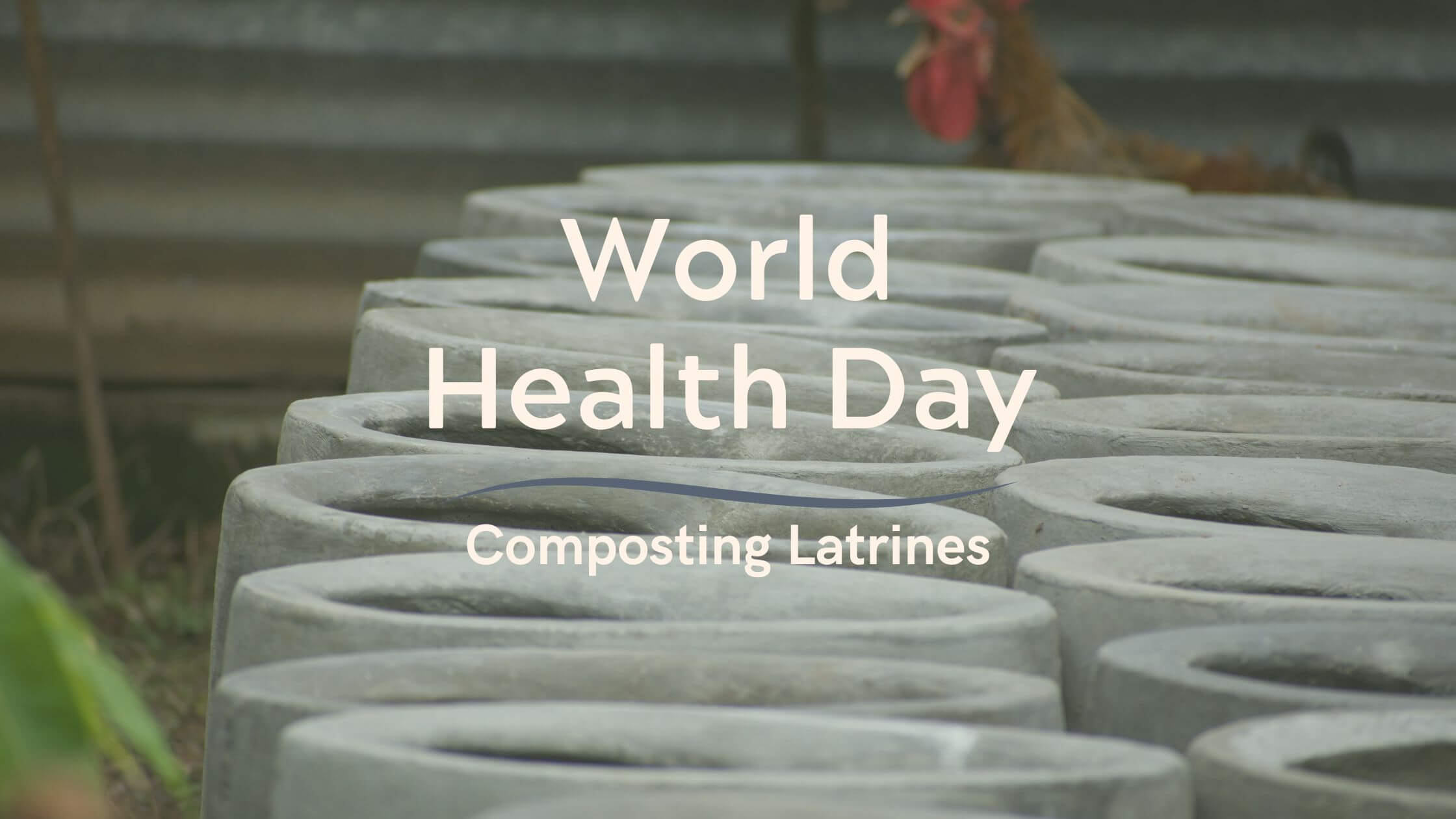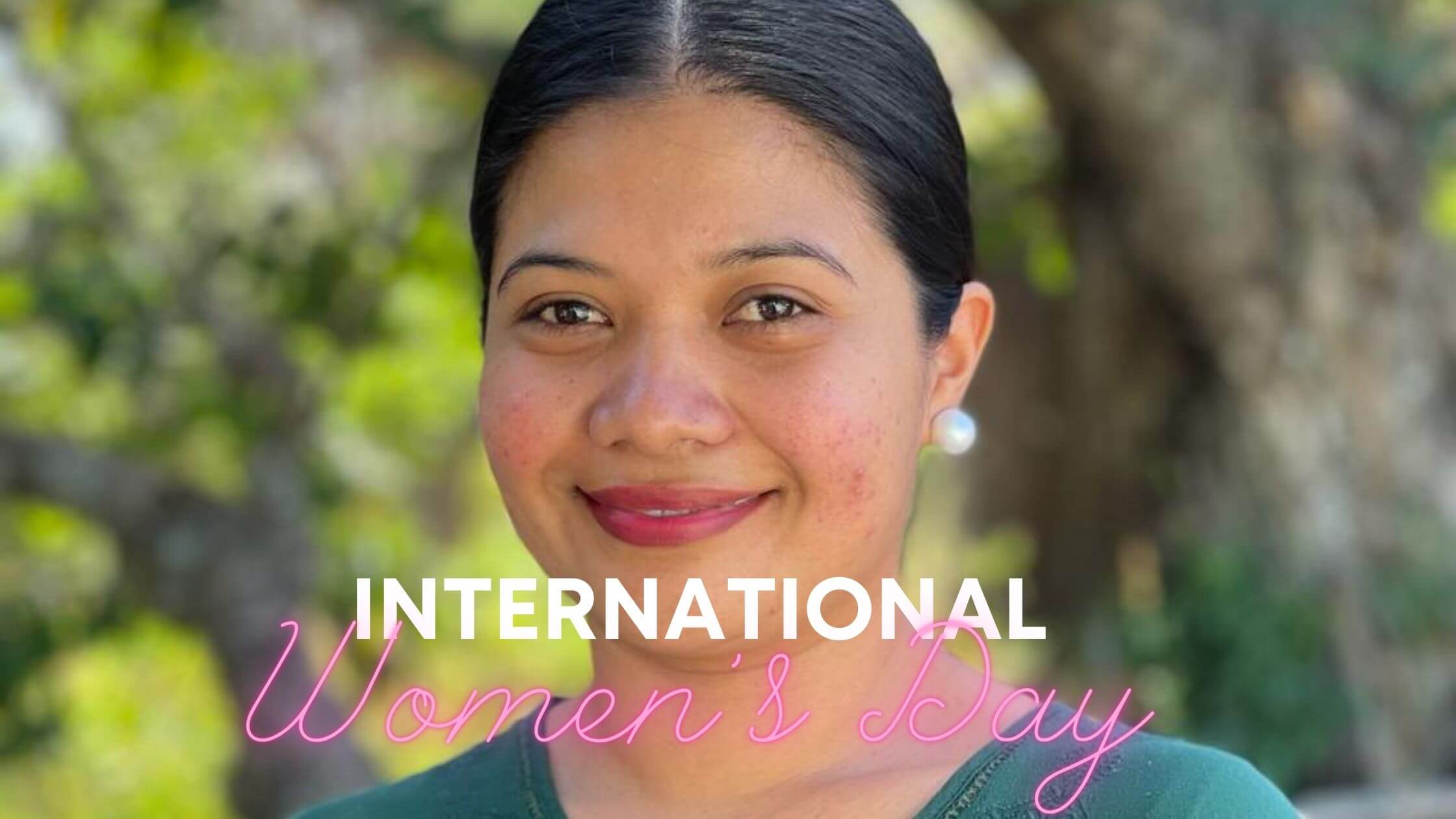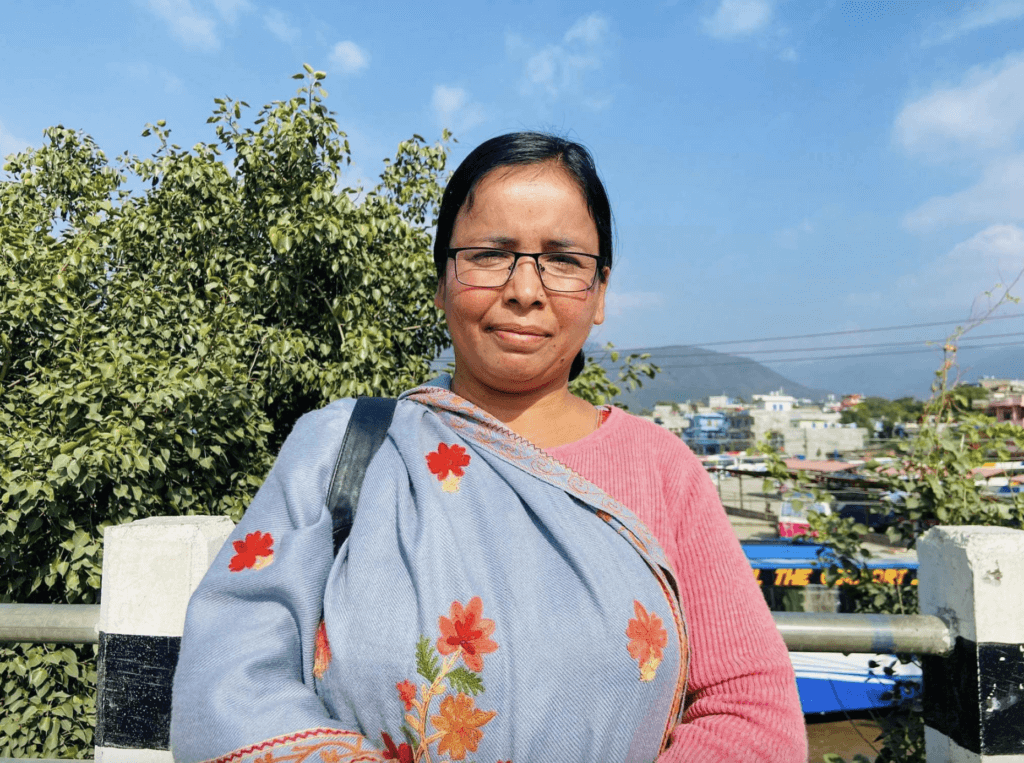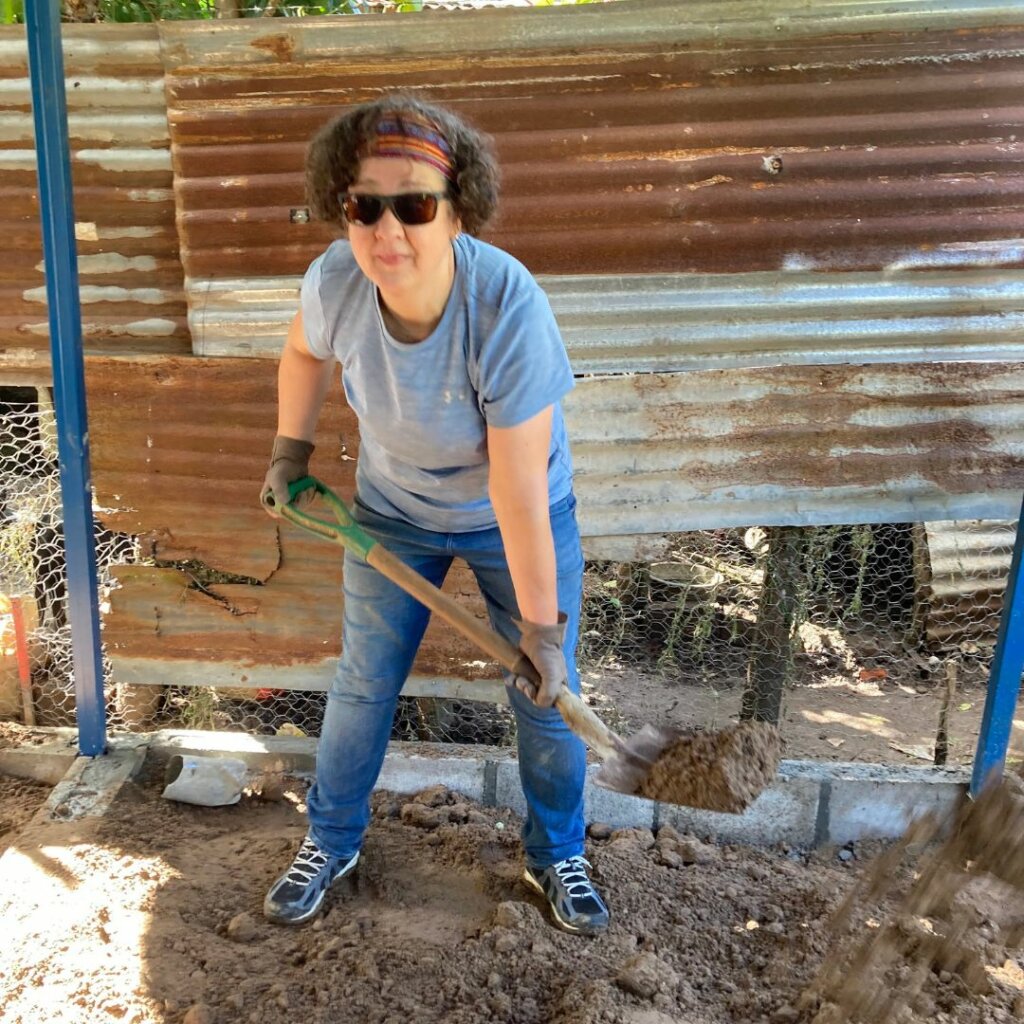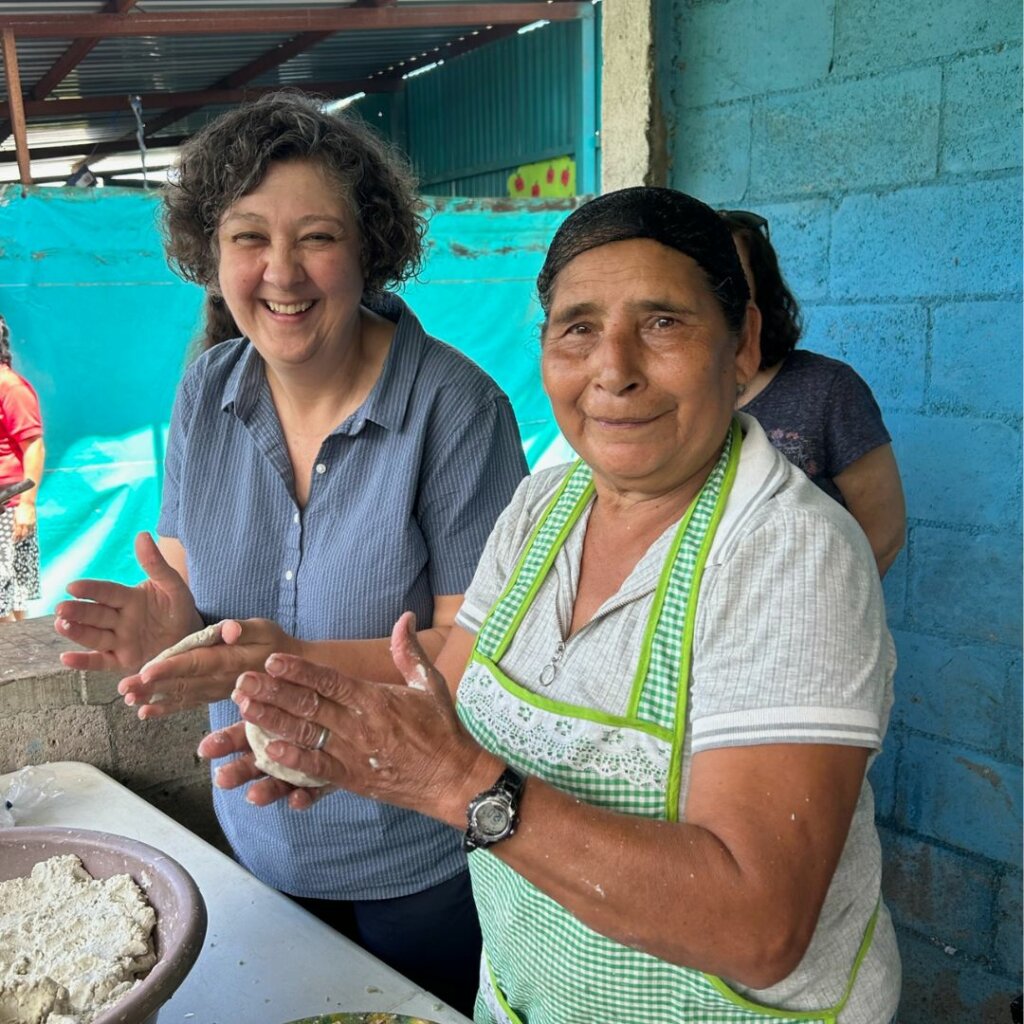Background:
The Eben-Ezer Church, together with the local community association and leaders, has identified the incredible need for proper waste management and education in Las Mañanitas, El Salvador. Currently, 70 families do not have access to adequate waste disposal, compromising the health of each family as well as the entire community. For the first stage of this project, the church and community have identified 30 families who are in great need of intervention.
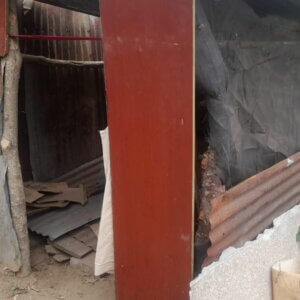
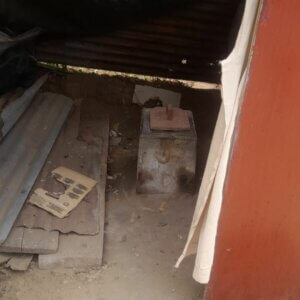

Impact Story Written by: Jackson Bueno
Las Mañanitas is a rural hamlet in the coffee-rich area of Sonsonate, El Salvador. The broader area of Juayua comprises approximately 24,465 people, 42% of whom are struggling with multidimensional poverty. Most families rely on small-scale farming and seasonal coffee employment to survive, making roughly $140 per month. Homes are often built with makeshift materials and most families do not have running water or bathrooms in or near their homes. They use open-air pits that leak into water sources, causing a variety of illnesses, especially dangerous to children under five.
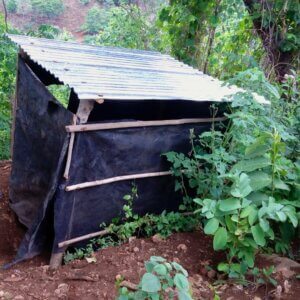
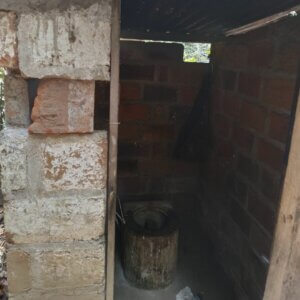
As a member of the Las Mañanitas community, Ingrid, a young homemaker and mother, faced challenges similar to those of her neighbors. While Ingrid cares for their two children, her husband finds work harvesting coffee and farming their own small family plot of corn and beans. But when the coffee season comes to an end, he is forced to find work elsewhere, often causing him to be away from home for days on end. According to Ingrid, having a latrine right outside her door was a dream that seemed to be years away. Until they could save enough money, they had to use open-air pits, which lacked any privacy, was worrisome in terms of her family’s health and personal safety, and was incredibly taxing as she raised her children.
This changed when Eben-Ezer Church, working with its community, stepped in by helping them and many other families in her neighborhood build a composting latrine next to their homes.
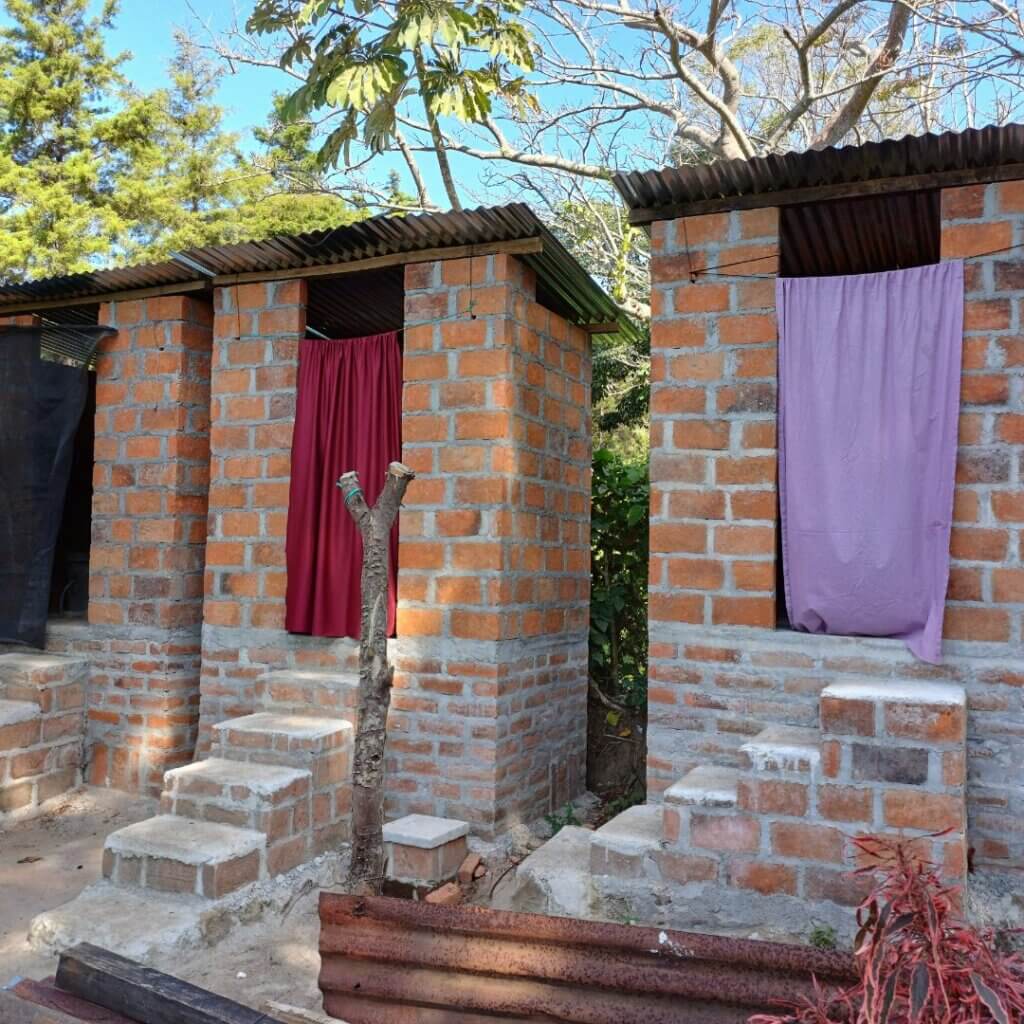
During the building process, however, Ingrid became worried that she could not contribute in the way all beneficiary families are asked. The project’s design relied both on donations from others but also on the participation of each beneficiary family in the form of labor and/or additional materials. When the project commenced, her husband was away working and her son fell ill, which threatened to drain the meager savings they had.
When church members heard of her distress, they volunteered to help. Ingrid noted that it was the son of the pastor who led the volunteers as they transported materials to her home and helped to build, keeping her dreams of having a latrine on their homestead.
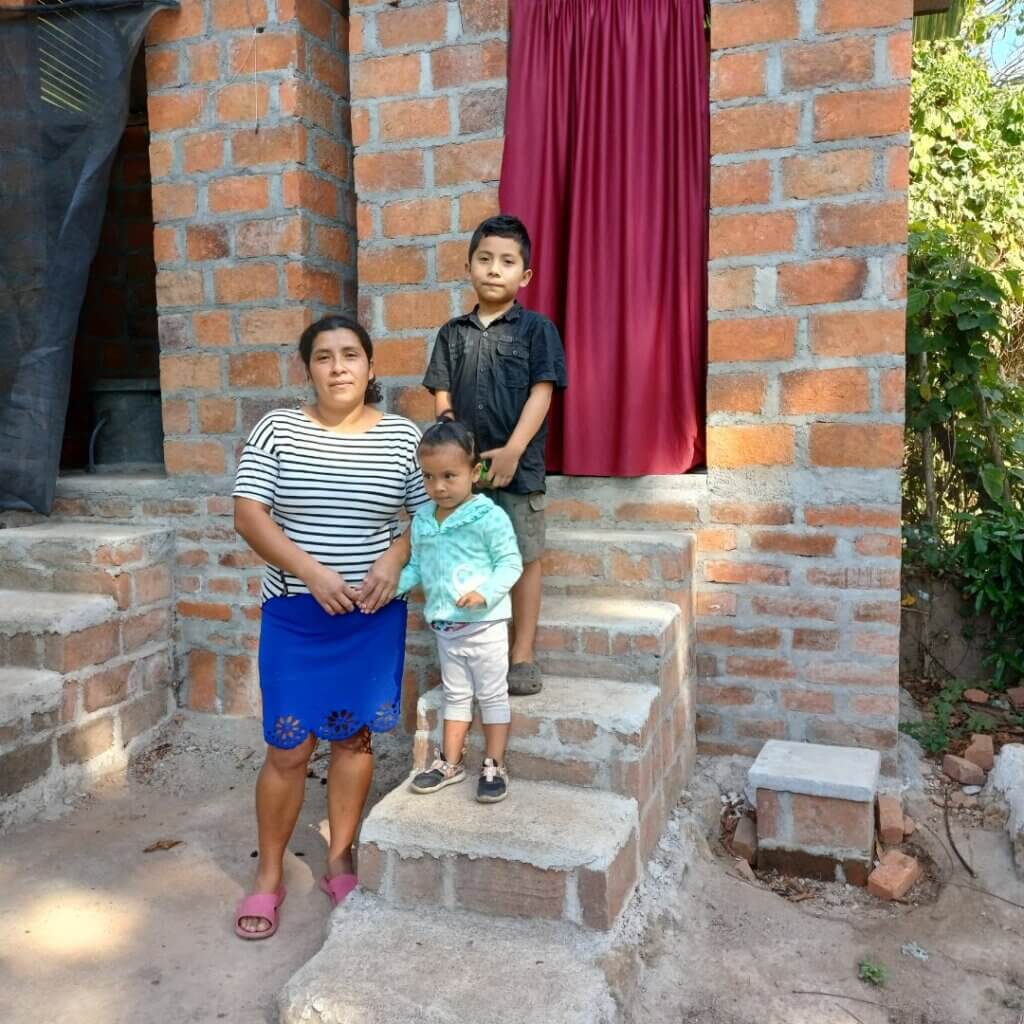
The implementation of a composting latrine significantly transformed Ingrid’s family life and broader community, enhancing emotional well-being, safety, and environmental health. More than a mere physical structure, this initiative instilled hope, upheld dignity, and demonstrated a tangible expression of God’s love, marking a profound shift towards sustainable living and community unity.

